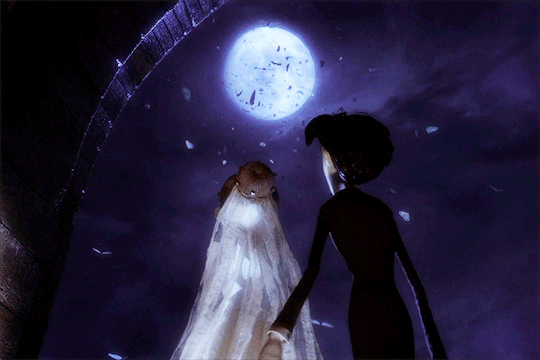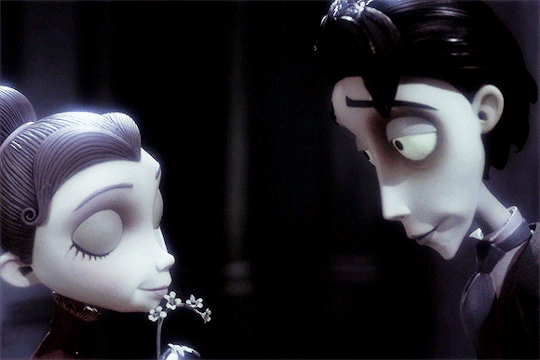Text

Tony Leung on the set of In the Mood for Love
4K notes
·
View notes
Photo

Katoucha Niane at Jean Louis Scherrer F/W (1990)
481 notes
·
View notes
Text







But then, on meeting you, I felt I should be with you always… and that our wedding could not come soon enough.
CORPSE BRIDE (2005) Dir. Tim Burton
396 notes
·
View notes
Photo

An Exquisite Antique Aquamarine, Ruby and Diamond Cameo Brooch/Pendant, Circa 1860
3K notes
·
View notes
Text

Govardhan, Two Ladies Sharing a Tender Moment, c. 1615-1620. Pigment and gold on paper.
104 notes
·
View notes
Text




Taken from 'Some of My Best Friends' (2001)
These are so low quality bro i'm so sorry I got these from the episodes people have posted on youtube. 🧀 and I have a theory that JB is actually 144p IRL
This sitcom was actually not that bad, some scenes where you go "emm" but 😭 Overall, It's actually kind of funny. The lore behind it is pretty interesting too.
-Made by 🎬
16 notes
·
View notes
Text









HANNAH WADDINGHAM& BRETT GOLDSTEIN AS REBECCA WELTON&ROY KENT IN TED LASSO [2020-2023]
1K notes
·
View notes
Text
That tiny yellow dot is Israel, the one and only Jewish state in the entire world, the size of New Jersey. The people who are against Israel are trying their best to brainwash everyone into believing that this tiny dot is a colonial invader.
Just how ridiculous can they be?

8K notes
·
View notes
Text
Feel free to reblog to have more people to vote. Feel free to explain why you voted the way you did. DO NOT SENT ANON HATE FOR HOW PEOPLE VOTED.
19K notes
·
View notes
Text
So I was curious as to where the term "boobs" ever came from and apparently this is one of the first known uses of it:

Thank you, Henry Miller, author of Sexus (1949)
2K notes
·
View notes
Text
im sorry but when you grow up and interact with people irl youre gonna have friends where you dont fw their tastes. sometimes youre gonna meet someone chill whos also a hazbin hotel fan or have a really nice coworker that likes taylor swift and youre gonna need to mind your business and shut the fuck up or youre gonna be real lonely
68K notes
·
View notes
Text

I hope I didn't post this before. I took it in May
6 notes
·
View notes






